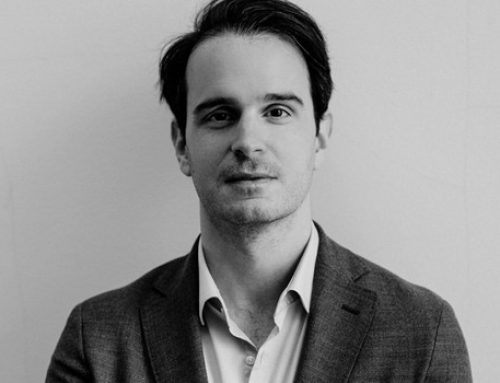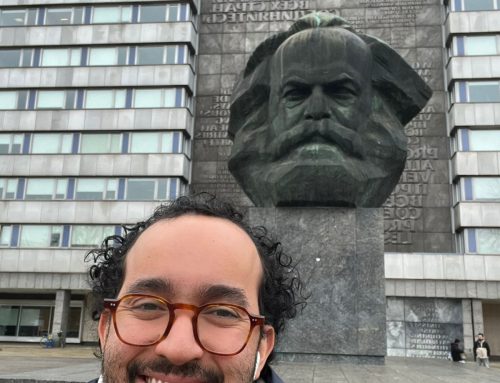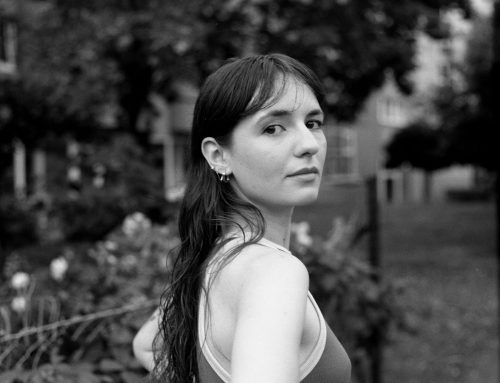The ending of this year’s Spring Fellowship has digitally “happened” on July 7th, 2020, with two philosophical questions: one on food sovereignty and the other inquiring on the legacy of feminist movements.
 Firstly, the relationship between human society and nature has been viewed through the lens of the more general process of commodification by Federica Porcheddu, our fellow and the Italian referent for the Cahiers d’études lévinassiennes, with areas of interest such as intersubjectivity, community, ethics, and politics.
Firstly, the relationship between human society and nature has been viewed through the lens of the more general process of commodification by Federica Porcheddu, our fellow and the Italian referent for the Cahiers d’études lévinassiennes, with areas of interest such as intersubjectivity, community, ethics, and politics.
Porcheddu’s project introduces a conception of nature according to which, far from being considered as an essential element for the survival of human beings, is instead conceived as a means to be exploited in order to guarantee the greatest profit possible, without any consideration for the high environmental costs that this entails. One of the most negative aspects of this process concerns in particular the commodification of food, a determining factor of the current global food crisis.
Challenging this view, Porcheddu takes the concept of food sovereignty as a possible alternative to reformulate the relationship between human society and nature. For her, food sovereignty opens up a perspective of global food justice which focuses on the importance of food as a fundamental human right, while highlighting the impact that human activity has on the environment.
 In the second part of our meeting, Valentina Moro asked: How is it possible to act together and to mobilize by calling into question the entire paradigm of sovereign nation-states and its economic model? This political strategy needs to go beyond the denounce of an emergency (the financial crisis, or the environmental emergency) and requires a structural critique of the system that produced it. Moro‘s research focuses on feminist movements, the aim of which is to rethink the patriarchal forms of domination, that are embodied in the structure of liberal democracies and that entail hierarchies and inequalities.
In the second part of our meeting, Valentina Moro asked: How is it possible to act together and to mobilize by calling into question the entire paradigm of sovereign nation-states and its economic model? This political strategy needs to go beyond the denounce of an emergency (the financial crisis, or the environmental emergency) and requires a structural critique of the system that produced it. Moro‘s research focuses on feminist movements, the aim of which is to rethink the patriarchal forms of domination, that are embodied in the structure of liberal democracies and that entail hierarchies and inequalities.
In the first part of the research, she posed a question upon the way in which several theorists discussed the topic of the “body” – both individual and collective – as the core of a feminist reconsideration of the political relationship between human society and nature. The second part of her research explores the way in which the new wave of feminist mobilizations drew attention on the necessity of regaining control of one’s own body and boosted the challenge to reorganize within a collective body – a community, a group, a movement. From a theoretical perspective, assembly and organization are the key-words of the second part of the research. Valentina Moro is our fellow from the University of Padua who in 2019 obtained her first fellowship at the CAS SEE. Her research intersects the fields of political theory, classics, and feminist studies. She collaborates with the Hannah Arendt research center in Verona.




